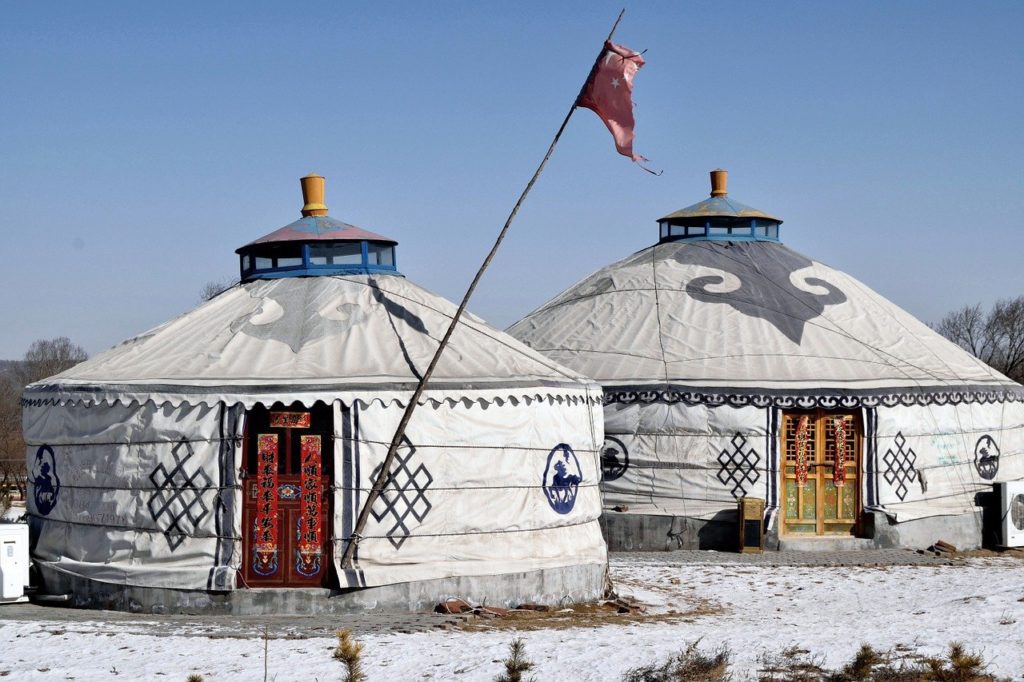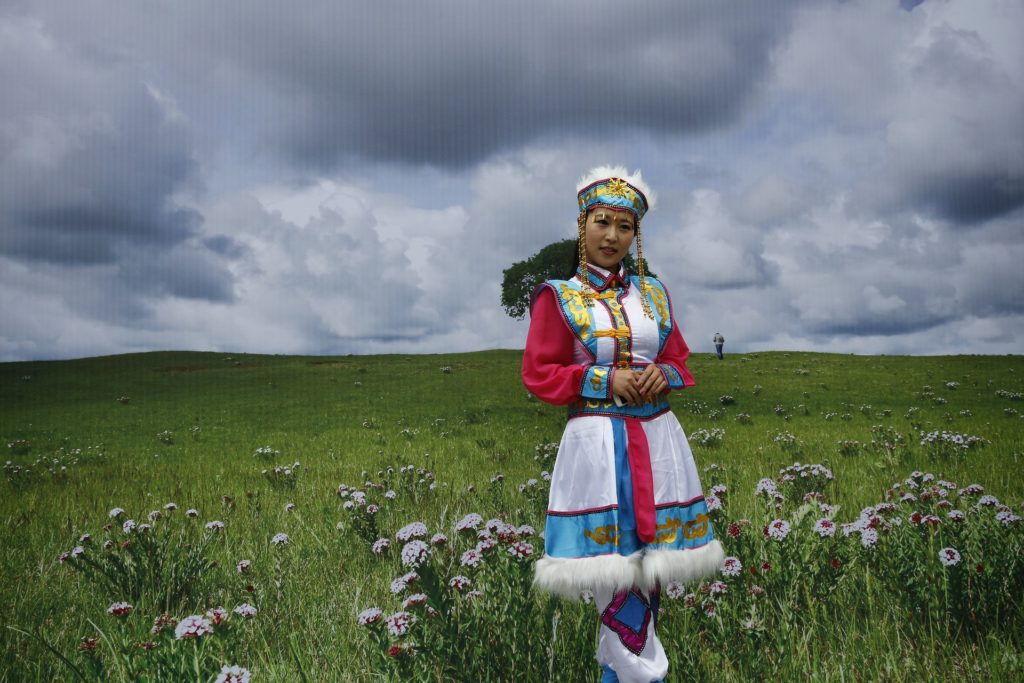People would assume that Mongolians and Inner Mongolians would be able to understand each other if they were to communicate.
Mostly it is true. A Mongolian and Inner Mongolia would be able to communicate with one another fairly well but there might still be some misunderstandings on certain occasions if not clarified. However, this is assuming both parties are able to speak in Mongolian.
But let’s go into the nuances behind the topic.
What’s the difference between Inner Mongolia and Mongolia?

But before we go into detail, there needs to be a short explanation for the difference between Inner Mongolia and Mongolia (Outer Mongolia as some people wrongly refer to).
Though it’s a topic that needs its own article, Inner Mongolia and Mongolia were once part of a larger empire before the decline and the eventual colonization of Mongolia in 1691 by the Manchus/Qing dynasty. After 200 years of rule by the Qing, when Mongolia gained its independence in 1911, it didn’t have the full support and backing to reclaim independence as a whole, so to this day, the greater whole of Mongolia remains divided, where Inner Mongolia remains a part of China.
Since 1911, Inner Mongolia and Mongolia have gone through cultural changes that furthered the divide.
Can everyone in Inner Mongolia speak Mongolian?
Without getting into history too much, let’s get into the main topic. Not every person in Inner Mongolia speaks Mongolian, because ethnic Mongolians in Inner Mongolia are actually only ~10%, while the remaining are mostly Han Chinese.

The 10% of ethnic Mongolians, numbering around 5 million don’t all speak in Mongolian due to political and economical reasons. More and more people are opting to further study Mandarin Chinese. Based on my personal experience traveling to Inner Mongolia, people spoke Mandarin and I had difficulty communicating with people.
Does everyone in Mongolia speak Mongolian?
Usually yes, they all speak Mongolian, but some sub-ethnic groups are the exception, such as the Kazakh people. If you go to Bayan Ulgii, you will most likely encounter people speaking in either Kazakh and sometimes Mongolian. But, the Mongolian language is spoken in most areas.
The difference between accents and words
This is where miscommunication might occur if both parties are not able to clearly pronounce the words in ways that the other can understand. Other times, words and phrases used in Mongolia do not always apply to Inner Mongolians vice versa.
Since 1911, Mongolians have been influenced by the USSR and Inner Mongolians by China, so Mongolians had to learn Russian as a second language and Inner Mongolians had to learn Mandarin Chinese.

When people listen to a Mongolian speaking, they often comment on how it has a slight resemblance to the Russian language, so being culturally influenced by Russia might have affected the pronunciation of certain letters.
When I listen to Inner Mongolian speakers, however, it certainly seems like they have a blend of Chinese accents with pronounced Z and SH sounds that are common in Mandarin.
Future outlook and trend for Mongolian speakers
Nowadays, Mongolians are being culturally influenced by Western values, and it’s already pretty visible in the manner in which the youth speak today. They will blend in some English words in their sentences, so who knows how that will affect the way Mongolians speak in the future.
As for Inner Mongolians, more and more people will adopt Mandarin Chinese for practical reasons and the Mongolian language in Inner Mongolia will be something of a cultural past and heritage for Inner Mongolians, like Amerindians.
